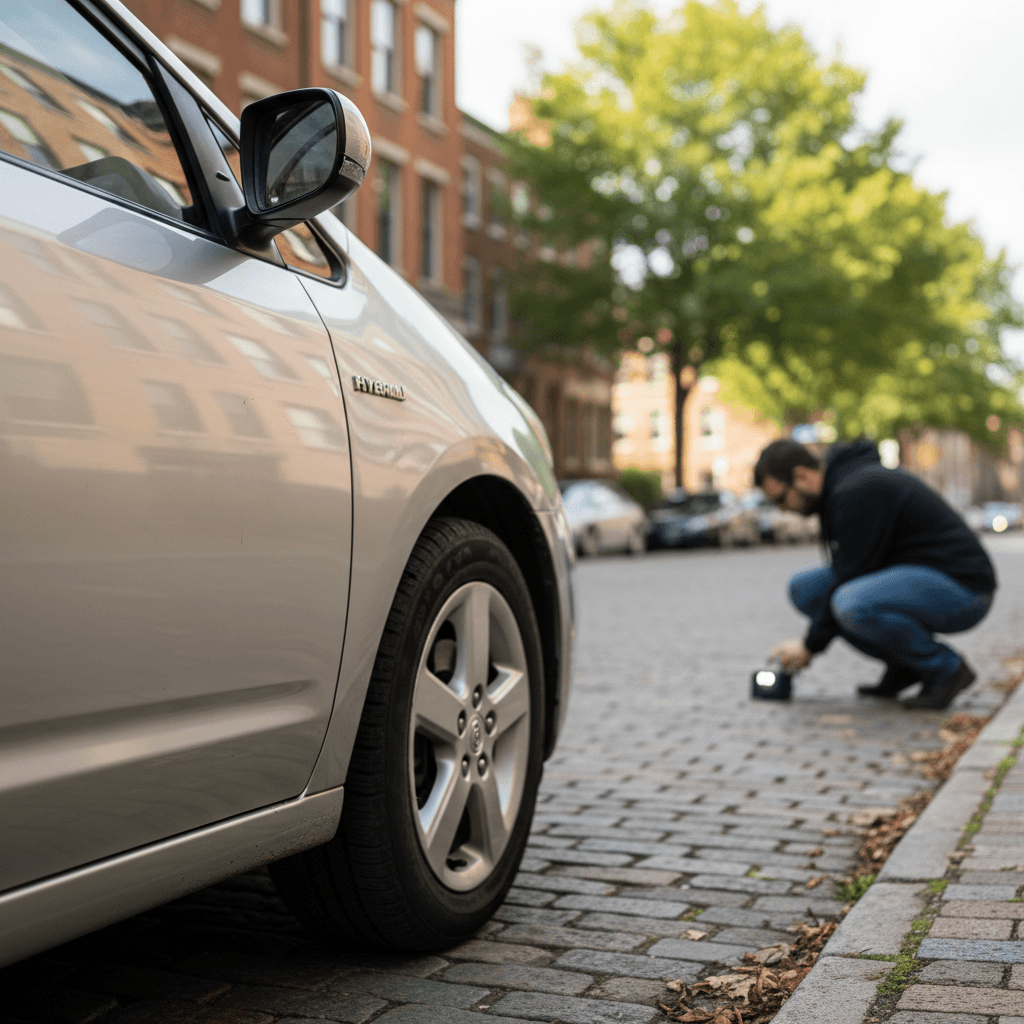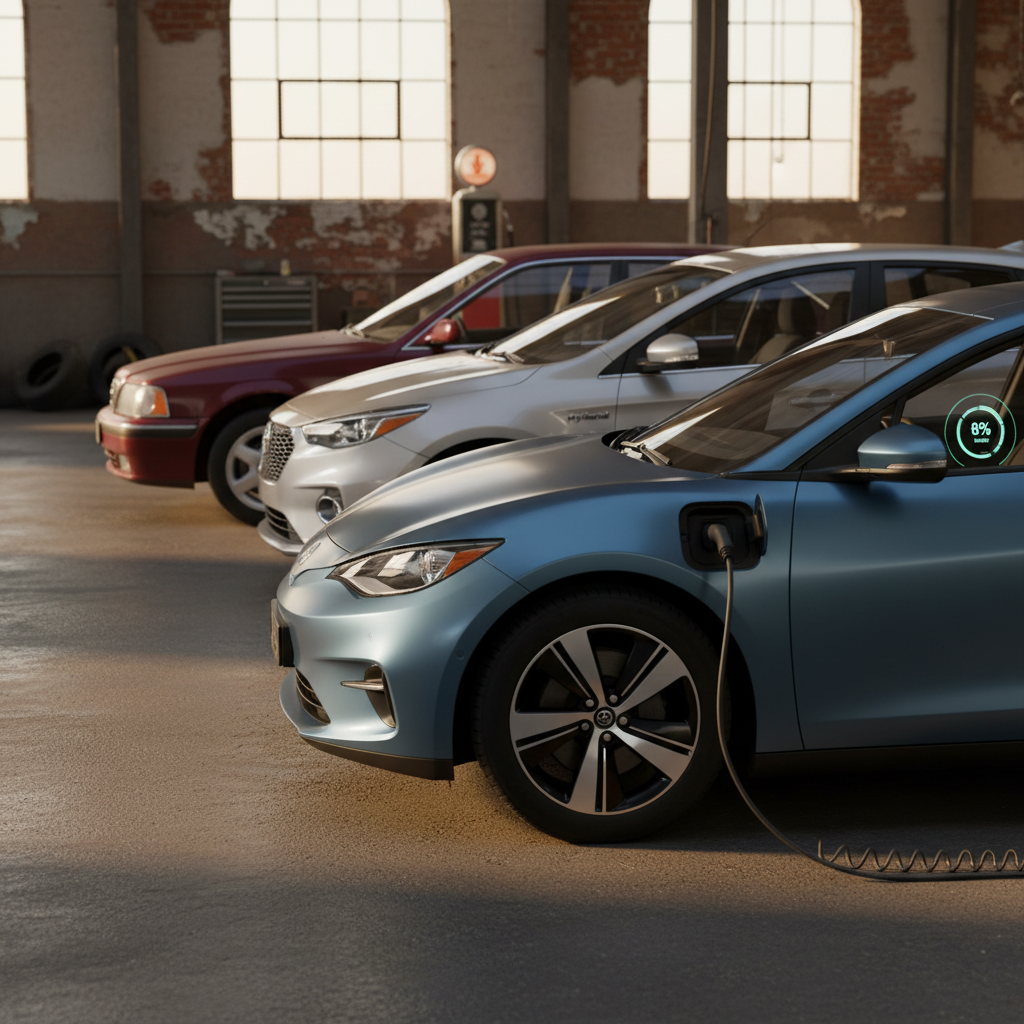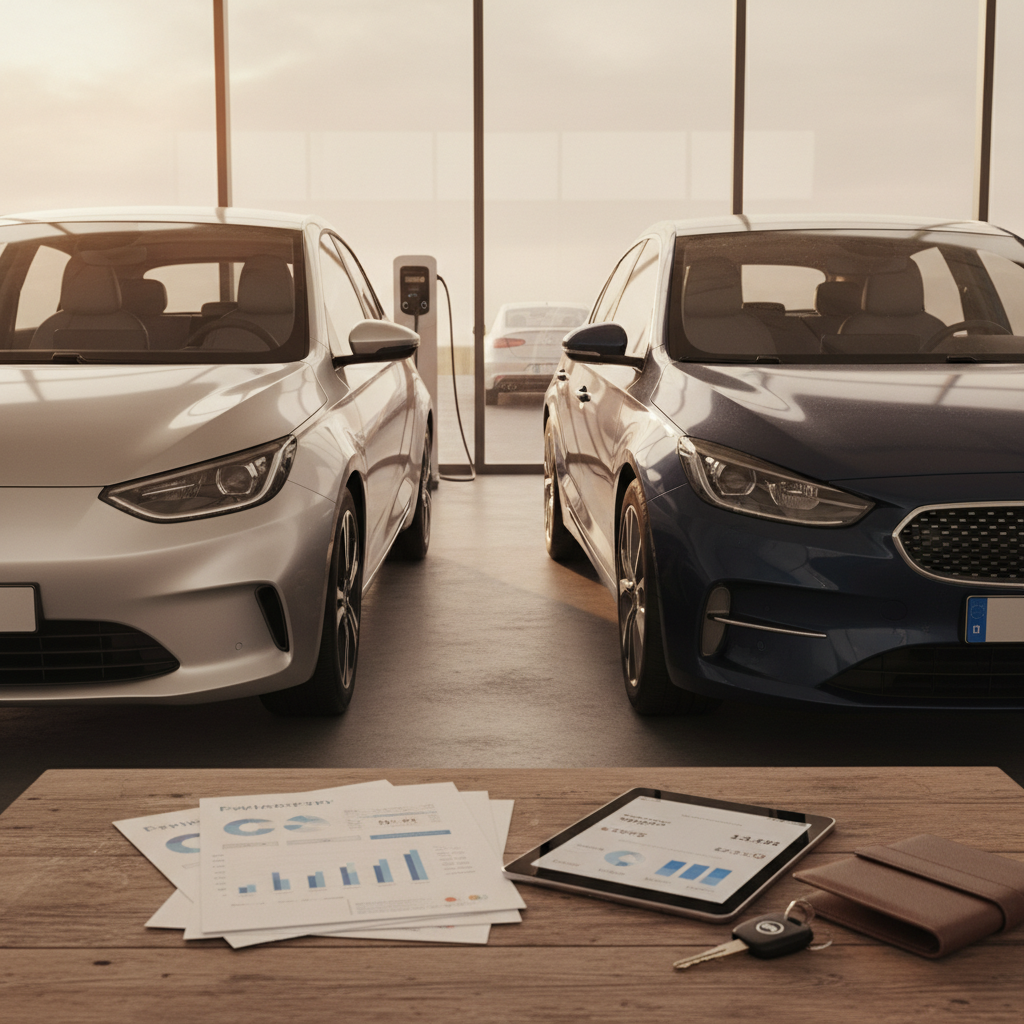When you go hunting for the best reliable used cars, you’re not just buying a way to get from A to B. You’re buying peace of mind. Repair bills, surprise breakdowns, and lost weekends at the shop all come down to the same question: did you pick a car that’s built to last?
Reliability has data behind it
Why reliability matters more than ever in 2025
Reliability and value: what the numbers say
Reliability hits you in three places: your wallet, your time, and your stress level. A car that won’t start on a Monday morning is more than an inconvenience; it can cost you work hours, childcare reshuffles, and towing fees you didn’t budget for. The most reliable used cars tend to have predictable running costs, better resale value, and fewer nasty surprises as the miles pile on.
Think in cost per remaining year
Brands that build the best reliable used cars
Before we talk specific models, it’s worth zooming out. In 2025, long‑running owner surveys again put Lexus, Toyota, Mazda, Honda and Acura at the top of the used‑car reliability heap. These brands typically refresh their vehicles cautiously, making small improvements instead of chasing every new gadget, and that pays off as the cars age.
Most reliable used-car brands to shop first
Based on large 2025 reliability studies focusing on 5–10 year‑old vehicles
Lexus & Toyota
Known for conservative engineering and long‑lasting powertrains.
- Excellent track record across sedans, SUVs, and hybrids.
- Higher resale values, but often worth the premium.
Honda & Acura
Strong picks for commuters and families.
- Standouts include Civic, Accord, CR‑V and Acura RDX/MDX.
- Engines and transmissions routinely cross 200,000 miles with maintenance.
Mazda, Subaru & Buick
Mazda’s compact cars and crossovers score well, as do many Subaru and Buick models.
- Mazda3, CX‑5, Subaru Outback, and Buick Encore are worth a close look.
Be careful with brand reputations
Best reliable used cars by type and budget
“Best” depends on who you are. A young commuter hunting for the cheapest trouble‑free ride has different needs than a family of five or someone finally ready to go electric. Below are stand‑out models that consistently show up in reliability and value studies, broken out by category.
Best reliable small used cars (great for commuting)
Compact cars that balance low running costs with long lifespans, focusing on roughly 5‑ to 10‑year‑old models.
| Model | Why it’s reliable | Typical used price* | Best for |
|---|---|---|---|
| Honda Fit | Tiny, flexible hatch with a reputation for going 200k+ miles with basic care. | $12,000–$18,000 | City driving, new drivers, budget buyers |
| Honda Civic | Long‑running reliability star with lots of parts availability and easy servicing. | $13,000–$24,000 | Commuters, first car, light road‑trippers |
| Toyota Corolla | One of the safest bets in the entire used‑car market; simple, efficient, durable. | $12,000–$22,000 | Anyone who wants “just don’t break” transportation |
| Mazda3 | More fun to drive than most compacts, but still strong reliability in recent generations. | $13,000–$23,000 | Drivers who want a little personality without sacrificing dependability |
Average prices and remaining life are directional and will vary by condition, mileage and market.
About the price ranges
Best reliable used SUVs and crossovers
Compact and midsize SUVs that blend reliability with family‑friendly practicality.
| Model | Why it’s reliable | Typical used price* | Best for |
|---|---|---|---|
| Toyota RAV4 | Year after year, one of the most reliable crossovers on the road. | $17,000–$30,000 | Growing families, light adventure trips |
| Honda CR‑V | Spacious cabin, thrifty engines and a long track record of staying out of the shop. | $17,000–$28,000 | Families, long commutes, mixed city/highway |
| Subaru Outback | Wagon‑style SUV with standard all‑wheel drive and strong safety and reliability scores. | $16,000–$30,000 | Snow‑belt drivers, outdoor enthusiasts |
| Mazda CX‑5 | Drives like a much more expensive SUV but still scores well for reliability in recent years. | $17,000–$29,000 | Drivers who prioritize handling but need room for kids and cargo |
Focus is on roughly 2015–2021 model years where reliability data is strongest.
Best reliable used cars on a tight budget
If you’re shopping older or higher‑mile vehicles, these models often offer a lot of remaining life for the money.
| Model | Age sweet spot | Typical used price* | Why it’s a smart bet |
|---|---|---|---|
| Hyundai Elantra | 8–11 years old | $8,000–$13,000 | Compact sedan with solid reliability in many years and very affordable pricing. |
| Toyota Yaris | 6–10 years old | $9,000–$14,000 | Simple, efficient, and historically durable, an excellent basic commuter. |
| Kia Rio | 5–10 years old | $8,000–$13,000 | Low purchase price and decent reliability make it a strong value if you find a clean one. |
| Honda Fit (again) | 5–10 years old | $10,000–$15,000 | Shows up at the top of multiple reliability‑for‑the‑money lists both at 5 and 10 years old. |
Based in part on studies that calculate expected remaining lifespan and cost per remaining year.
Where EVs fit into this list
How to judge a used car’s reliability before you buy
Lists of the best reliable used cars are a great starting point, but the one in front of you on the lot might have lived a hard life. A 2017 Honda Civic that’s been rear‑ended twice and skipped oil changes can be a worse bet than a carefully maintained Chevy Malibu. Reliability is always a mix of inherent design and how the car was treated.
Quick reliability checklist for any used car
1. Research the specific model year
Model‑year changes matter. Look up common issues, recalls and owner complaints for the exact year, engine and transmission you’re considering. A quick search can reveal problem years to skip.
2. Read the service history line by line
Ask for maintenance records. Regular oil changes (for gas cars), transmission service, brake fluid changes and recall work show a car that’s been cared for.
3. Get an independent pre‑purchase inspection
A trusted mechanic, or an inspection service if you’re buying online, can catch hidden accident damage, leaks, worn suspension parts and other issues that kill reliability later.
4. Scan for flood, salvage or major accident history
Always run the VIN. Flood and salvage titles are giant red flags; even a car that looks fine can have long‑term electrical gremlins after major damage.
5. Take a long, varied test drive
Drive on highways and rough roads. Listen for clunks, watch for warning lights, check that all electronics work, and pay attention to how the transmission shifts.
6. For EVs and hybrids, check battery health
Battery replacement can be the largest single repair bill an EV owner ever faces. Ask for a battery health report where possible.
How Recharged can help with inspections
Are used electric cars reliable?
The short answer: it depends what you compare them to. EVs have far fewer moving parts than gas cars, no oil changes, no multispeed transmission, no exhaust system, so there’s less to wear out. At the same time, recent reliability surveys still show modern EVs having more reported issues than comparable gas cars, often related to software, electronics and complex new features.

Why used EVs can be a great reliability bet
- Simple drivetrains: No timing belt, spark plugs, mufflers or transmission fluid to worry about.
- Less routine maintenance: Tires, cabin filters and brake fluid are your main recurring items.
- Slow battery degradation (in many cases): Large studies of thousands of EVs show average batteries still above 90% health after years of use.
Where used EV reliability can stumble
- Battery replacement cost: Out‑of‑warranty packs are expensive, so you want one in good health.
- Glitchy new tech: Complex infotainment, driver‑assist and charging systems can mean more software quirks.
- Brand differences: Some EV‑only brands still score below average for reliability, especially in early model years.
Used EVs that tend to score well for reliability
Specific reliability varies by year and battery, but these models are solid starting points.
Chevrolet Bolt EV / EUV
Compact hatch with strong range and simple mechanicals. Post‑battery‑recall cars have new packs and can be excellent used buys at attractive prices.
Hyundai Kona Electric & Kia Niro EV
Smaller crossovers with good efficiency. Many owners report minimal battery degradation when charged sensibly.
Tesla Model 3 (later years)
While Tesla’s brand reliability is mixed overall, later‑build Model 3s that have had issues addressed can be solid commuters, especially in mild climates.
Don’t skip the battery report
Financing and total cost of owning a reliable used car
Even the most reliable used car can feel expensive if you stretch your budget too far or take on high‑interest financing. The trick is to balance monthly payment, expected repairs and fuel/charging costs so that your total cost of ownership stays comfortable.
How a reliable used car saves you money
Smart financing moves for a reliable used car
1. Get pre‑qualified before you shop
Knowing your approximate rate and budget ahead of time gives you leverage and keeps your search realistic. Recharged can help you <strong>pre‑qualify for financing online</strong> with no impact to your credit.
2. Leave room in your budget for maintenance
Even reliable cars need tires, brakes and fluids. Aim to keep your car payment low enough that you can set aside money for routine care and the occasional repair.
3. Compare total energy costs
If you’re cross‑shopping gas, hybrid and EV options, look at fuel or electricity costs over the miles you drive each year. An efficient car that costs a bit more up front can still save you money overall.
4. Consider warranty coverage
A solid extended warranty can be worthwhile on some brands with spotty reliability, but it’s often less necessary if you start with a top‑tier reliable model.
Common mistakes that ruin used-car reliability
- Buying on looks alone and ignoring reliability data for the specific model year.
- Skipping the pre‑purchase inspection because the car “seems fine” on a short test drive.
- Stretching for a premium badge but not budgeting for premium‑brand repair costs.
- Assuming every EV is low‑maintenance, regardless of battery health or brand track record.
- Letting a clean Carfax report substitute for real mechanical evaluation.
- Falling in love with the first car you drive and ignoring better, more reliable options.
Watch out for “too cheap” deals
FAQs about the best reliable used cars
Frequently asked questions
The bottom line: picking the best reliable used car for you
The best reliable used cars aren’t always the flashiest on the lot, they’re the ones that quietly start every morning, shrug off long commutes, and don’t blindside you with four‑figure repairs. If you stick to brands and models with proven track records, dig into the specific model year, and insist on a solid inspection, you’ll tilt the odds heavily in your favor.
From there, decide whether a simple gas car, a fuel‑sipping hybrid, or a well‑vetted used EV fits your life best. When you’re ready to explore electric options, Recharged is built to make that move easier, pairing used EVs with verified battery health, fair pricing, financing support and expert guidance from first click to delivery. Reliability isn’t an accident; it’s the result of the choices you make before you sign. Choose carefully, and your next used car can be the one you don’t have to think about at all.



